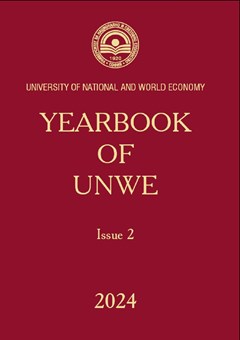Enhancing Disaster Resilience in Cultural Tourism: A Comparative Analysis of Relief and Recovery Policies for Arts, Heritage, and Intangible Culture in the United States and Italy
Authors: L. Hamilton, S. Splendiani
Abstract
Disaster management policy in the US and Italy has historically focused on the relief and recovery of tangible cultural assets vital to cultural tourism, including cultural heritage sites and museums. However, the COVID-19 pandemic revealed how disaster policies can protect intangible cultural assets, including the performing arts and creative workers. This study conducts a comparative analysis of cultural disaster relief and recovery policies in the USA and Italy, specifically focusing on the 2017 earthquake in Central Italy, the 2021/2022 tornado and flooding events in Kentucky, USA, and the global COVID-19 pandemic. The research aims to identify the complexities and opportunities in governmental disaster policy related to intangible culture and how this particular area of cultural tourism can be integrated into broader disaster management frameworks toward greater resiliency. Through a review of governmental policy documents and primary as well as open-source data, the analysis reveals that pre-determined national governmental units dedicated to emergency response and recovery are critical for effective disaster management in cultural heritage, yet often lack the specialized knowledge and, to some extent, the resources, to fulfill long-term recovery, particularly with intangible cultural assets. Insights gained from this study contribute to developing recommendations for enhancing more inclusive disaster policy language that recognizes intangible cultural heritage and its role in sustainable cultural tourism in disaster risk reduction (DRR) strategies.
JEL: Z11, Z32

